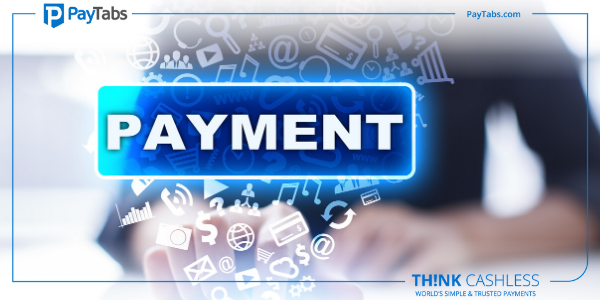Merchant Account Vs. Payment Gateway: What’s The Difference?
Posted on

When you start an online business, it is important that you are aware of different options available to you for payment processing. As online business implies that you do not meet your clients personally and the entire transaction is done online, it is imperative that the safety of both the parties’ interests is taken care of. There are several criterions which may be used for weighing the efficacy of different options. So, let’s here talk about pros and cons of merchant accounts and payment gateway.
What is a Merchant Account?
a merchant account refers to a specific kind of bank account which allows your business to accept payments in different forms. With this type of account, you can provide different payment options such as payments through debit cards, credit cards and ACH. Offering such payment options is crucial for any online business as they tend to serve a wide range of clients. However, you should be aware that a merchant account is different from a business banks account since the former tends to be a little more restrictive than the latter.
Merchant accounts are available in different flavors and you should carry out proper analysis to find the one that suits your requirements. Independent sales organization account is suitable for big businesses with high transaction volume while smaller businesses may opt for aggregator merchant account. Independent sales organization account offers several features such as flexible credit limit and processing cost plans along with the ability to accept payments in different currencies. Aggregator merchant account, on the other hand, offers efficiency and cost optimization. However, you should note that under this payment method, you merchant account is a part of the master merchant account belonging to your payment provider, which may cause slight delay in receiving your payments.
While having a merchant account can boost your online business, it is not a necessary ingredient of an online business. You can use alternatives such as PayPal and Stripe for accepting payments. However, having a merchant account will make your payment process smoother and faster.
What is a Payment Gateway?
A Payment Gateways is an intermediary that bridges the gap between your business and your payment processor. Large payment processors usually do not associate directly with online merchants and the transactions are routed through payment gateway. It is important to ensure that your payment gateway has up to date technologies to ensure the safety of sensitive data provided by your clients. This is by far the most important criterion to be considered while selecting a payment gateway for your business. Apart from this, other factors to be kept in mind are the costs involved and the time taken for carrying out processing.
An ideal Payment Gateways should allow your business to accept payments using different methods. While debit and credit cards are the main methods of online payments, you can greatly increase your sales volume by providing additional options such as eWallets and bank transfers. It should also provide protection against frauds since payments involve the transfer of highly sensitive data. A good payment gateway should come equipped with robust fraud detection tools. The businesses may also receive great help in the form of detailed analytics provided by these payment gateways.
For picking up the right kind of payment gateway, you should also consider the costs involved. The main types of costs associated with payment gateway are set up cost, monthly cost and transaction fee. While set up cost is a one time occurrence, monthly cost and transaction fees are the recurring ones and may affect your margins.s
How to Make a Choice
In order to make a choice, first you need to understand the flow of transactions. Payment Gateways and online merchant accounts work together to serve your business. The payment gateway receives the clients detail and helps in collecting funds with the help of the payment processor. These funds are then deposited into your merchant account. The flow shows that both Payment Gateways and online merchant accounts work together and not in competition to each other. To ensure that your business performs with the best efficiency, you should carry out individual vetting process for picking up the right type of Payment Gateways and online merchant accounts for your business.
